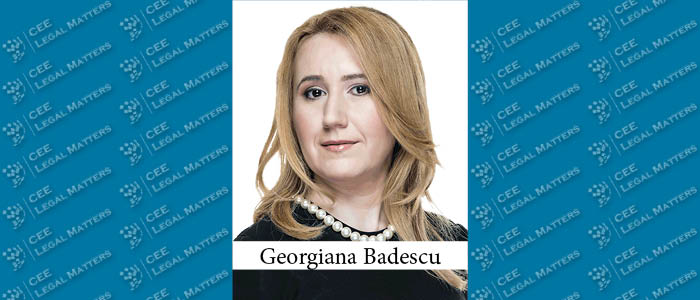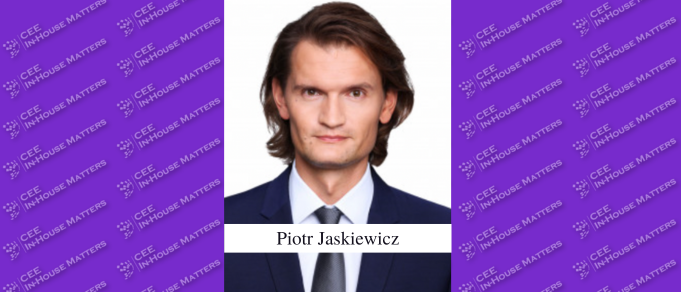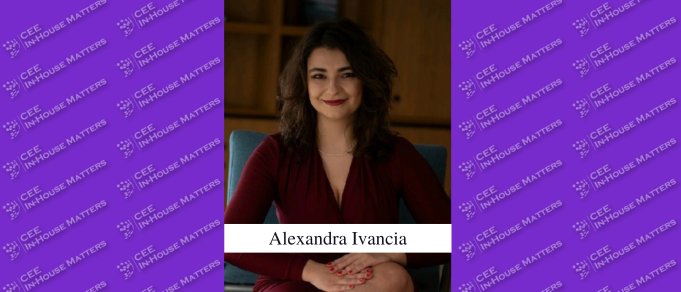The practice of the Romanian Competition Council (RCC) over the last few years can be summed up in a rather simple headline: many (more) cases and substantial fines.
While 2022 was not the most spectacular year in terms of total fines, coming in at slightly above EUR 36 million (compared to more than twice that number in each of the previous two years), it once again showcased the RCC’s drive to pursue alleged infringements by both resident and non-resident companies and its affinity for new theories of harm.
It is no longer a surprise that the RCC has relied on the support of several high-profile national competition authorities to conduct raids in various European jurisdictions in recent years. This is based on the EU cooperation mechanism set out by European legislation, which allows the RCC to investigate and inspect non-resident companies for alleged infringements localized or having effects on Romanian territory.
What may come as a surprise, however, is that the fines that can be levied by the RCC at the end of the day (or of the case) can go up to 10% of the non-resident company’s worldwide turnover. There is, of course, a legitimate question about the proportionality principle and how this important piece of the puzzle falls into place in an investigation scenario. Some welcome guidance is expected from courts in various pending cases, which is anticipated to shape the RCC’s practice going forward.
The fact that the RCC is fully open to testing or even articulating new theories of harm also comes as no surprise. From no-poach agreements to potential abuses by disparagement or facilitation of alleged cartels, the RCC seems to be charting every waterway. These new theories will undergo scrutiny by the competent courts, which may likely impose a certain standard of proof that will dictate the RCC’s future practice.
By the same token, in terms of standards imposed by courts, the end of 2022 marked a significant development for the protection of the legal professional privilege (LPP) under EU law. The European Court of Justice (ECJ) extended the protection afforded to lawyer-client communications to all legal advice, regardless of whether it is given in the exercise of the client’s rights of defense in an ongoing investigation or litigation, for example, or in a matter which later became the subject of an investigation (Case C-694/20, Orde van Vlaamse Balies and Others v Vlaamse Regering). This case law is expected to bring procedural changes to how inspections and searches are conducted by national competition authorities bound by the ECJ ruling.
“Come what come may, time and the hour run through the roughest day.” For all Shakespeare lovers out there, this is not a time for predictions, but rather a time to focus on the RCC’s top priorities, which either stem from its past practice or announced directions. On this basis, we anticipate that consumer-facing activities will remain on the RCC’s radar, and the recently announced investigations into butter, oil, and sugar producers are a vivid testament to this. Future pricing behaviors, including publicly announced price increases or surge pricing, are equally likely to catch the RCC’s attention.
The authority has issued a warning addressed to trade associations not to use the communication platforms created by the association to discuss prices or issue any form of price announcements. Other markets, such as construction materials, telecommunications, pharmaceuticals, or energy, are and will continue to be closely monitored by the RCC. The examination of digital markets and the distribution of digital content is expected to intensify thanks to legislation in various European countries and increased attention from the European Commission and other national competition authorities.
Against this backdrop of ever-growing scrutiny, a steady compliance program, effective and tested across various relevant operations and lines of business, becomes ever more important.
By Georgiana Badescu, Partner, Schoenherr
This article was originally published in Issue 10.4 of the CEE Legal Matters Magazine. If you would like to receive a hard copy of the magazine, you can subscribe here.

























